Noel Pearson accuses Peter Dutton of being ‘duplicitous’ over race argument in Indigenous voice to parliament debate
Noel Pearson has accused Peter Dutton of being “duplicitous” in raising concern an Indigenous voice to parliament would “re-racialise” Australia, claiming the Opposition Leader assured him he would not make ‘No’ arguments on the basis of race.
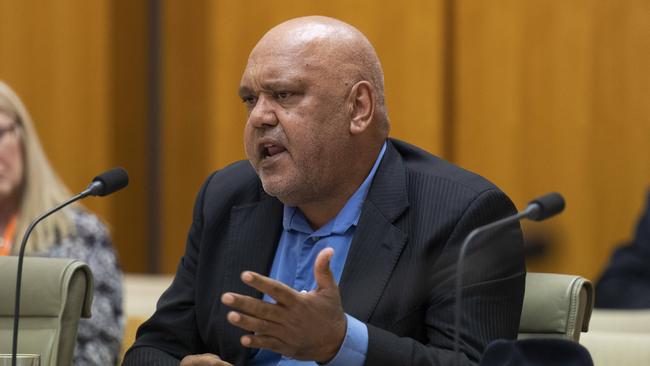
Prominent Indigenous leader Noel Pearson has accused Peter Dutton of being “duplicitous” in raising concern that enshrining the Indigenous voice to parliament in the Constitution would “re-racialise the nation”, claiming the Opposition Leader assured him earlier this year he would be not making arguments on the basis of race.
Mr Pearson also revealed he did not see himself serving as a member of the voice amid speculation over who would be elected to the body, which will advise the parliament and executive government.
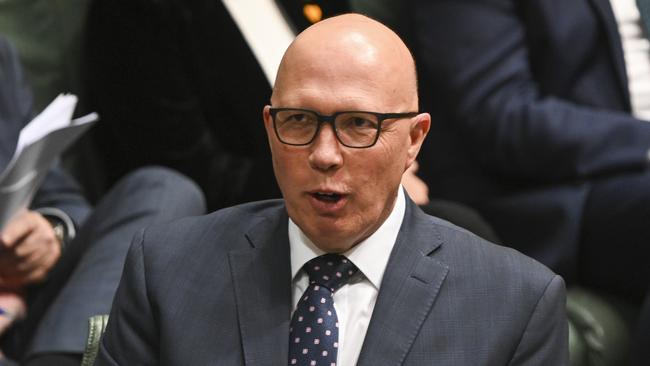
“I’ve been working very hard to set up a system for the future. (There are) so many talented young leaders coming behind us, they’re the ones who are going to make this system work,” he told Sky News.
It follows the legislation that will set up the referendum to enshrine the voice in the Constitution passing the lower house this week, with Anthony Albanese ruling out changes to the wording before parliament.
Mr Dutton used his speech on the bill to argue the voice would divide and “re-racialise” Australia.
“It will have an Orwellian effect where all Australians are equal, but some Australians are more equal than others,” he told the House of the Representatives last week.
But Mr Pearson said the Opposition Leader’s speech contradicted what Mr Dutton told him during private meetings.
“The disappointing thing about the position taken by Peter Dutton is that I met with him two or three times with Julian Leeser, this was when Julian was the spokesman for Aboriginal Affairs, and at those meetings Peter was very, very clear in what he said to me, he said ‘I do not agree with the race argument. Don’t take me to be making a race argument’,” Mr Pearson said.
“He assured me that he did not take the voice to be racial proposition. But of course, since Julian’s left the spokesperson role, (Mr Dutton) has come back to make this completely dishonest argument about re-racialising the Constitution.
“That is not the position Peter took to me when Julian Leeser was in the room, he was very anxious to assure me in fact that he wasn’t making that argument. I think he’s being a bit duplicitous now in talking about re-racialising the Constitution.”
Mr Dutton’s office was contacted for comment on Mr Pearson’s claims.
It follows Mr Pearson last month accusing Indigenous leader Mick Gooda of being a “bed wetter” for voicing his concerns about the proposal and the legal challenges presented by the inclusion of executive government.
While the legislation has passed the lower house, it must still pass the senate later this month, where it is expected arguments will be made again by the Coalition about the risks posed by including reference to executive government in the constitutional amendment.
But Mr Pearson said it was crucial executive government remain in the amendment and argued the current proposal gave parliament the power to “define how the advice is provided to the executive”.
“It’s important that we get the executive in the scope because that’s a day-to-day business,” he said.
“There was a tweak done by Albanese and my Indigenous colleagues, they tweaked the provision just before it was tabled in the parliament to make it very clear that parliament can legislate to define how the advice is provided to the executive.”
Mr Pearson said the parliament also would have the power to completely overhaul the body and replace it with something else, should the original model not work as intended.
“(The constitutional amendment) gives complete power to our elected representatives in Canberra to decide what the voice looks like. And if next year, they want to change it slightly, they can pass legislation to change it. If they want to replace it with a totally different structure, they will have the power to do that,” he said.
“So everything lies in the hands of the parliament.”


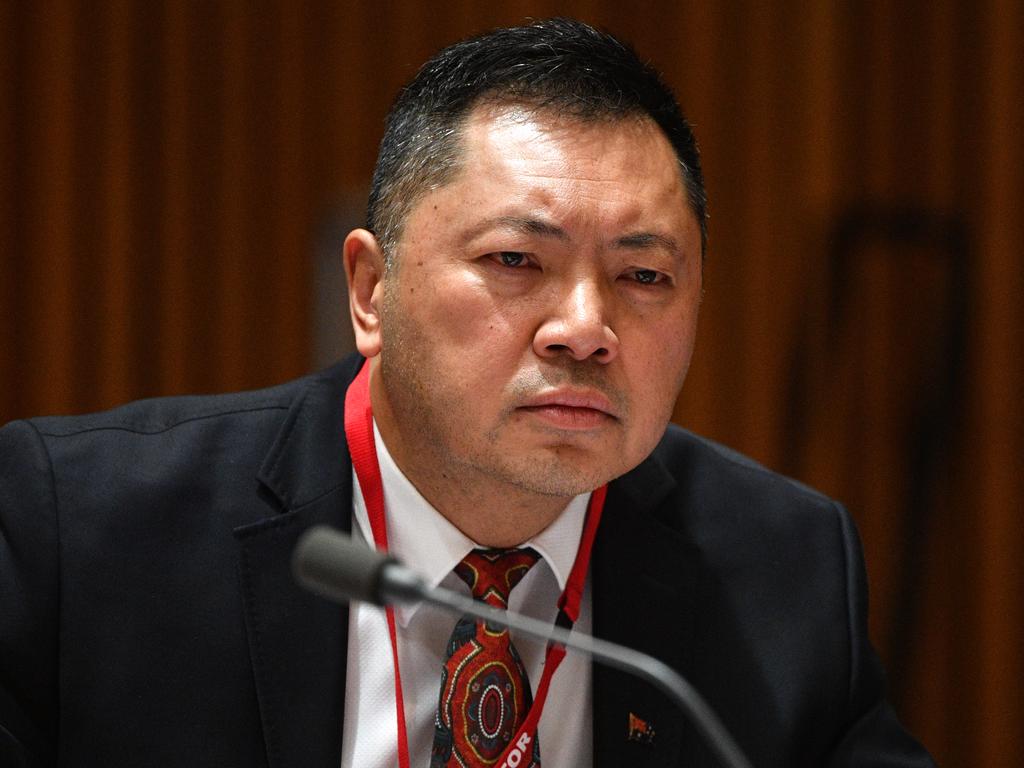
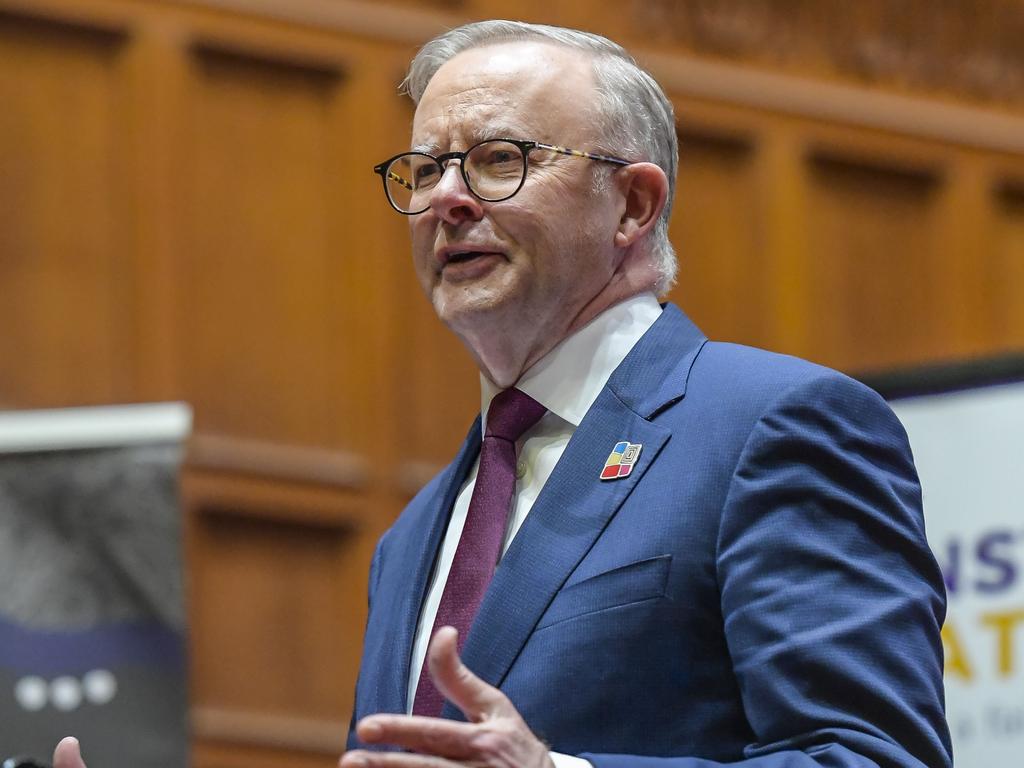
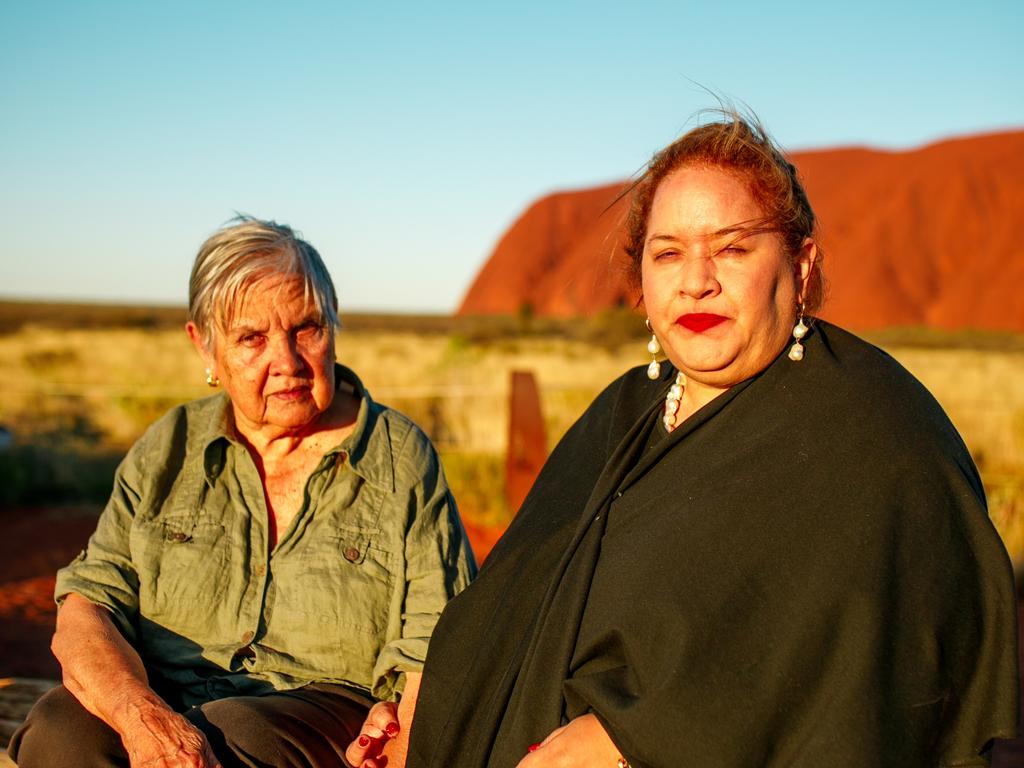


To join the conversation, please log in. Don't have an account? Register
Join the conversation, you are commenting as Logout